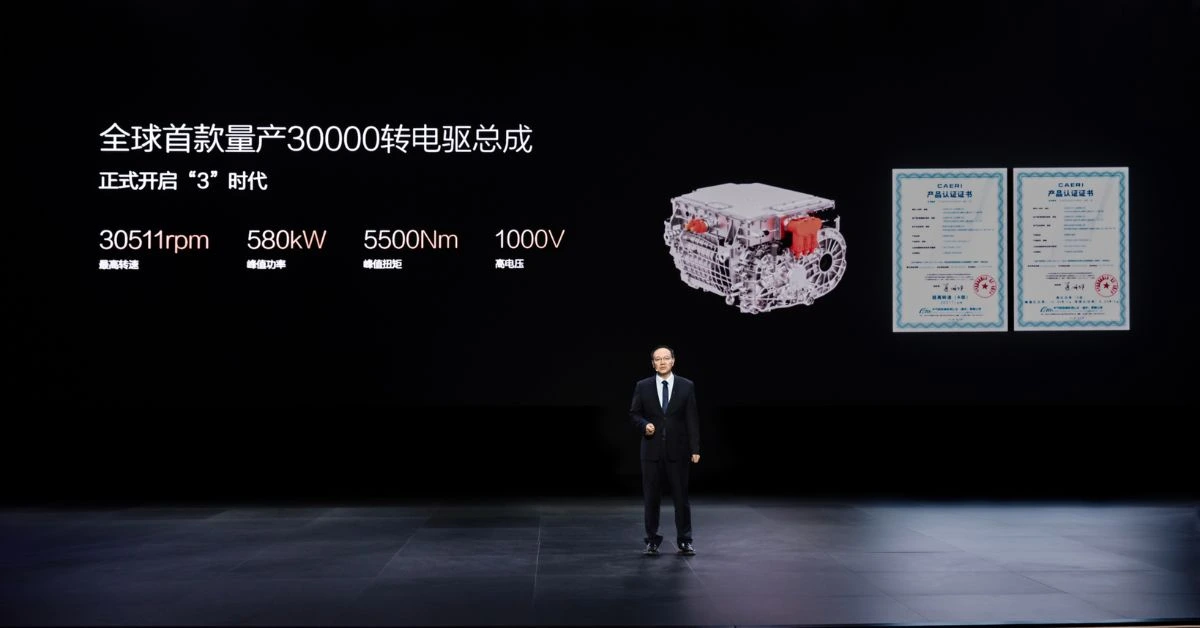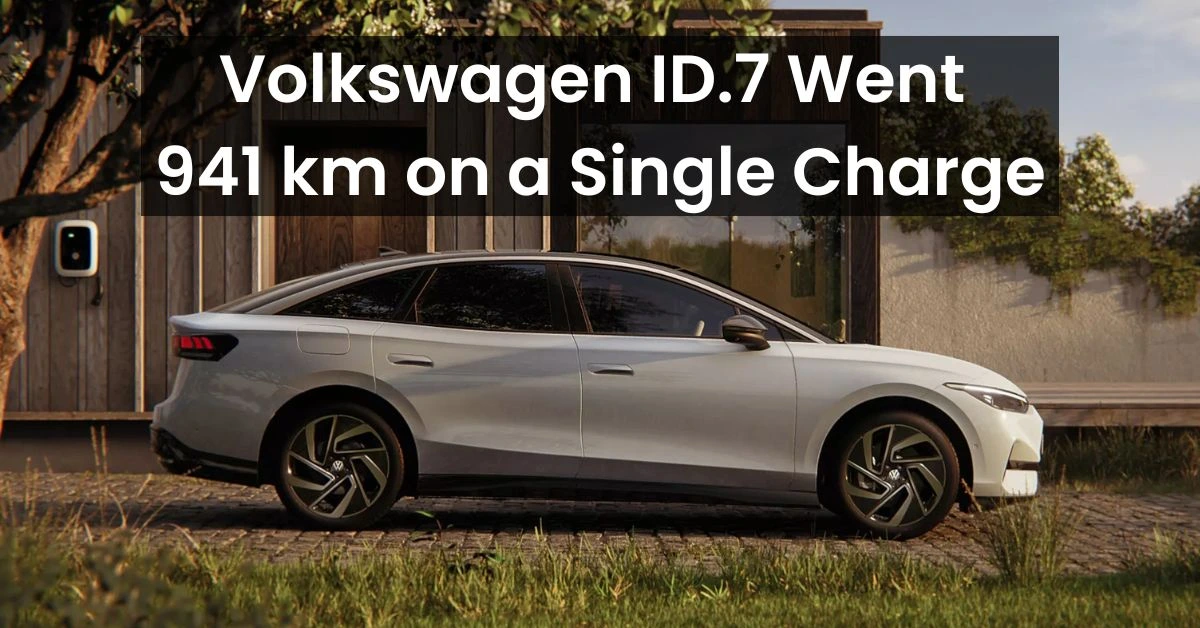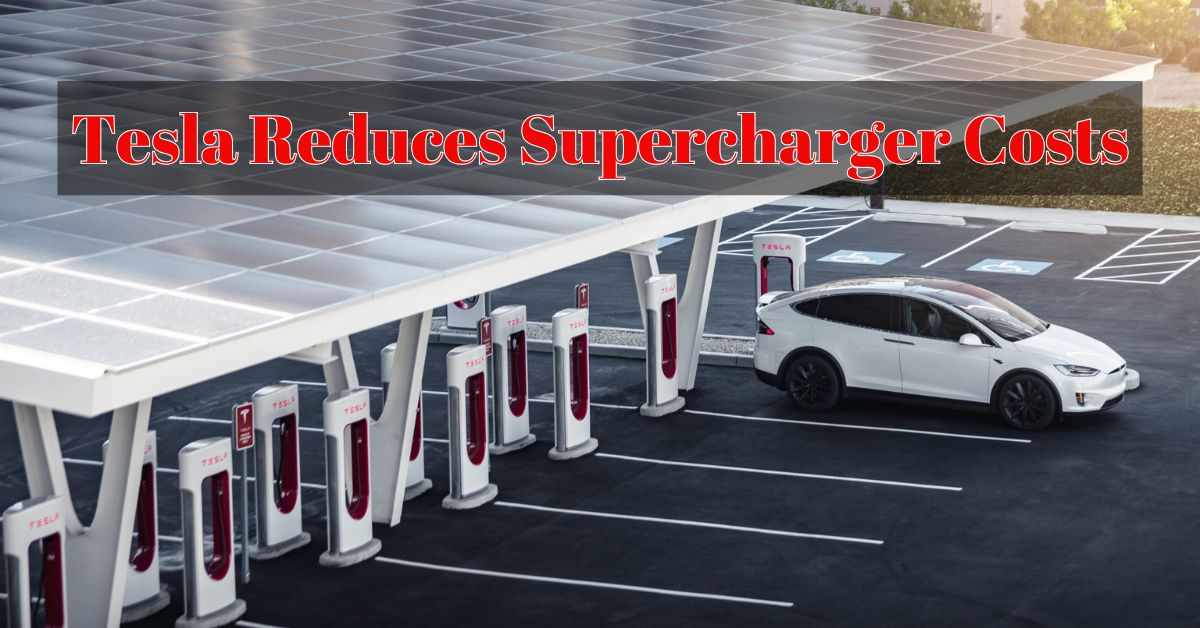Effects of DC Fast Charging on EV Battery Life
Electric vehicles (EVs) are transforming the way we think about transportation, and fast charging is a key factor in making EVs more practical for daily use. However, many owners and potential buyers are concerned about how DC fast charging affects the lifespan of an EV’s battery. In this article, we’ll explore the effects of DC fast charging on EV battery life, answer common questions, and provide tips for maintaining battery health.
Table of Contents
Effects of DC Fast Charging on EV Battery Life
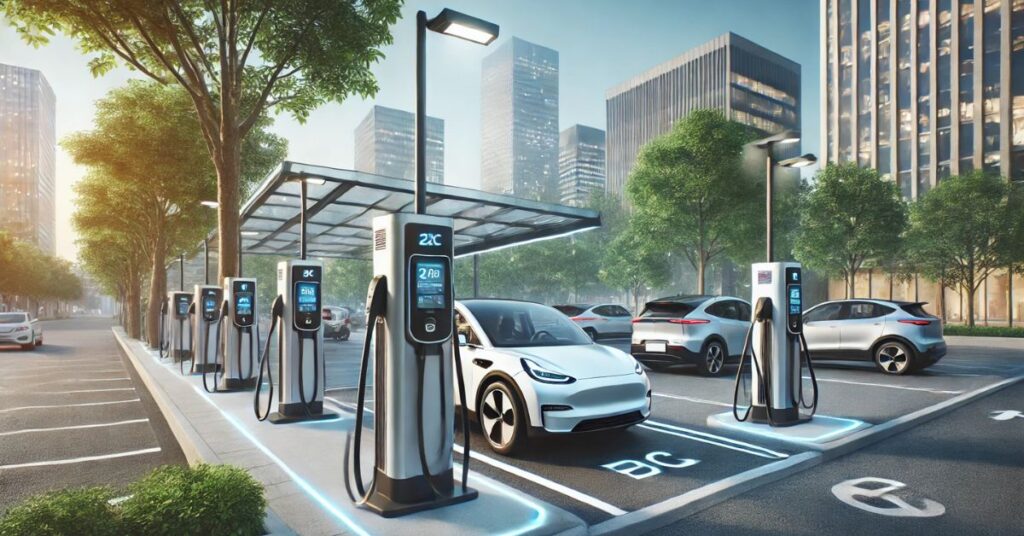
Battery Degradation Concerns
The primary concern with DC fast charging is its potential to accelerate battery degradation. Studies have shown that while occasional DC fast charging does not significantly affect battery life, frequent use may contribute to faster wear and tear.
A 2020 study by Geotab found that EVs that frequently used DC fast charging experienced up to 0.1% more battery degradation per month than those using regular AC charging. Although this increase is minimal, regular use of DC chargers may gradually reduce the battery’s capacity over time, meaning the vehicle will hold less charge as it ages.
CEO Quote:
“Our EV batteries are designed to handle rapid charging, but using DC fast charging too often can increase degradation slightly.” – CEO of EV Manufacturers.
How Heat Affects Battery Life
Another factor contributing to battery degradation during fast charging is heat. DC fast charging generates more heat compared to slower charging methods. When the battery gets too hot, it can cause strain on the lithium-ion cells, potentially leading to a reduction in overall battery health.
Luckily, modern EVs come equipped with advanced battery management systems (BMS) that help regulate temperature during fast charging, reducing the risk of overheating and preserving battery health.
Impact of Charging Rates
Studies from institutions like the Idaho National Laboratory (INL) have shown that fast charging can increase battery degradation by a small margin. For instance, INL’s tests on Nissan Leaf models indicated that those using DC chargers experienced a 27% degradation in battery capacity after 50,000 miles, compared to a 24.5% degradation for those using AC chargers.
These findings suggest that while DC fast charging does contribute to faster degradation, the difference is minimal, especially when the battery is maintained in good condition with proper thermal management.
Key Research Findings on DC Fast Charging:
- Idaho National Laboratory Study: After 50,000 miles, EVs charged exclusively with Level 3 chargers showed a 27% battery capacity loss, compared to 23% for those using Level 2 chargers.
- Geotabs Study: Fast charging more than three times a month resulted in a 0.1% increase in battery degradation.
While these studies indicate that DC fast charging slightly accelerates degradation, it’s important to note that the difference is small and often negligible in day-to-day use.
What is DC Fast Charging?
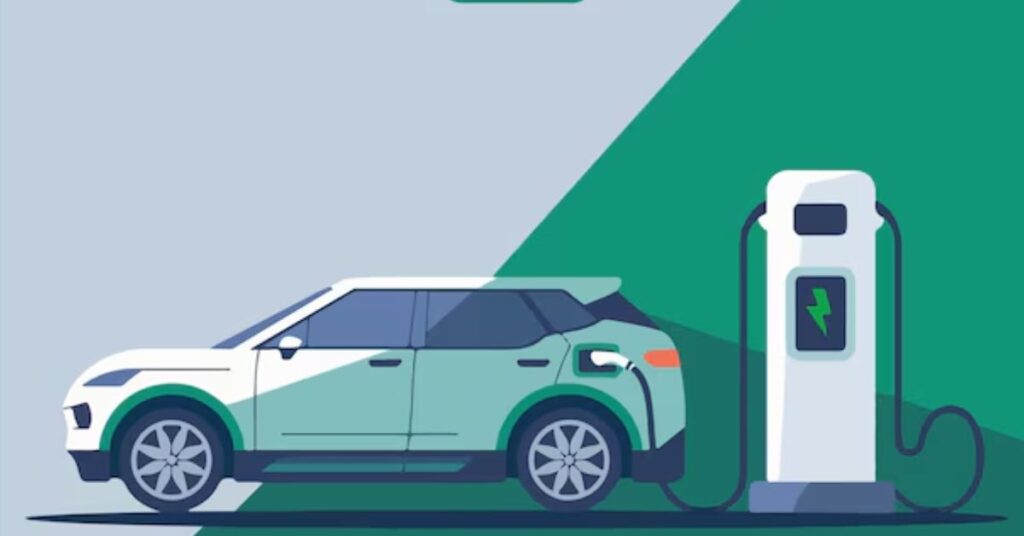
DC Fast Charging, also known as Level 3 charging, uses direct current to rapidly charge EV batteries, bypassing the onboard inverter used in standard AC charging. This method delivers high-power outputs, typically ranging from 50 kW to 350 kW, depending on the charger.
DC fast charging can recharge a vehicle significantly faster than standard AC chargers, which can take several hours. For example, a DC charger can fully charge an EV battery in less than 30 minutes, while an AC charger may take over 8 hours for a full charge.
While the speed and convenience of DC fast charging are significant advantages, questions persist regarding its long-term impact on EV battery life.
Best Practices for Using DC Fast Charging
To extend the life of your EV battery while using DC fast charging, follow these tips:
1. Use Fast Charging Sparingly
DC fast charging is great for when you’re in a rush, but it’s best to use it sparingly. For everyday use, Level 2 charging is typically sufficient to keep your EV topped up without causing unnecessary strain on the battery.
2. Monitor Battery Temperature
Many modern EVs come with built-in temperature regulation to prevent overheating during charging. However, it’s still important to monitor the battery temperature when using fast chargers. Avoid charging in extremely hot or cold conditions, as these can exacerbate battery degradation.
3. Charge to 80%
When using a DC fast charger, try to avoid charging your EV to 100% unless necessary. Regularly charging to 80% or less helps to prolong the health of the battery. This practice reduces the wear on the battery’s cells, which in turn slows down degradation.
4. Charge in Cool, Shaded Areas
If possible, try to charge your EV in a cool or shaded location to prevent excessive heat buildup. Parking your car in a garage or a shaded area while it charges can help maintain an optimal temperature.
“We recommend occasional use of DC fast charging to ensure long-term battery health while still benefiting from the convenience it offers.” – Chairperson of EV Manufacturer.
Does DC Fast Charging Harm the Battery?
In general, DC fast charging does not harm your EV’s battery when used correctly and infrequently. Modern EVs are built to withstand the strain of fast charging, with built-in features designed to protect the battery from overheating and excessive stress.
That said, consistently using DC chargers for every charge, especially to full capacity, may lead to a higher rate of degradation over time. For regular use, home or slower charging options are often preferable.
Can Frequent DC Fast Charging Degrade the Battery?
Yes, but the effect is minor. While DC fast charging can lead to increased degradation compared to slower methods, the impact is small enough that it should not be a cause for major concern for most EV owners. Studies show that the average increase in degradation is about 0.1% per month, which means only a small reduction in battery life over several years.
Conclusion
The effects of DC fast charging on EV battery life are minimal, but like any technology, it’s important to use it correctly. By following best practices like charging to 80%, monitoring battery temperature, and using fast charging only when necessary, you can keep your EV’s battery in great condition for years to come.
Remember, while DC fast charging is incredibly useful, it’s the habits you develop that will ensure your battery’s longevity.
FAQs:
Does DC fast charging harm the battery?
While frequent use of DC fast charging can slightly accelerate battery degradation, the effect is minimal and unlikely to affect most EV owners significantly.
How often can I use DC fast charging?
It’s recommended to use DC fast charging only when necessary, such as during long trips or when you need to recharge quickly. For everyday use, Level 2 chargers are usually sufficient.
Can I charge my EV to 100% using a DC fast charger?
It’s best to avoid charging your EV to 100% on a regular basis. Charging to 80% is ideal for daily use, and charging to 100% should be reserved for long journeys.
What’s the best way to extend my EV battery life?
To extend your EV’s battery life, try to keep the battery charge level between 20% and 80%, avoid extreme temperatures, and use fast charging sparingly.
How can I prevent my EV battery from overheating during fast charging?
Park your EV in a shaded area or garage while charging, and ensure your vehicle has a good cooling system in place.
Can using DC fast charging void my EV’s warranty?
No, using DC fast charging does not void the warranty. However, excessive use of it may affect long-term battery health.

